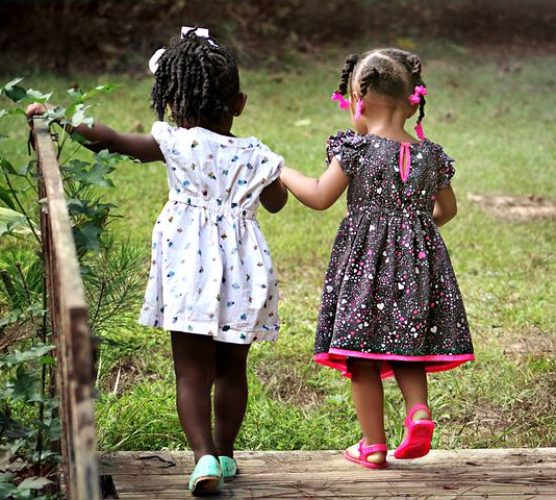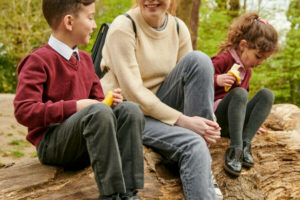A search of the internet will throw up thousands of ways to help teach your toddler to count. However, you might not find a quick and easy answer to WHY you should impart numeracy skills so early.
When deciding the right time to introduce your child to count, there is an important distinction you need to make that some educators forget. There is a huge difference between drilling children with numeracy skills ready for school and helping them to explore the world around them.
This is not about setting learning goals or making sure your child compares favourably with numeracy developmental levels viewed as “the norm”. It’s about acknowledging the role numbers play in our world and using them to help your child make sense of things, while enabling them to develop other skills and abilities.
Albert Einstein said: “Play is the highest form of research.”
Watch your toddler as they explore their world and you will see them sorting and grouping instinctively as part of their “research”; toy cars or teddies in a row, a pile of similar pebbles or petals.
Numbers are a part of everyday life and that includes your inquisitive two-year-old. From the spots on a ladybird’s back to the number of biscuits they can negotiate, their awareness of the world will include a natural curiosity about mathematical fundamentals. They will start to play around with quantity, patterns, shapes and estimating long before a formal education begins.
So, rather than creating a regime of number recognition and counting skills for your toddler, with one eye on preparation for the national curriculum, the way to look at this is using numbers to build life skills and improve their appreciation of their environment.
Helping them with life skills
As they count the bricks they are stacking, ducks gathering on the pond or numbers of holes in a cake tray on baking day, it’s not just the names of the numbers and the sequential nature of counting they are developing. They are learning to sort things into groups and make decisions about what belongs with what. All the vegetables at the supermarket are different shapes and sizes, but they belong together.
Helping them to understand numbers imparts problem-solving skills too. If they have a handful of items and you ask them to share them with you, basic numeracy helps them to sort and action such requests. They can make things fit better and make decisions based on a clearer perception of quantity.

The excitement of seeing not one but six motorbikes speed past your car could have your child in raptures. They know that’s more that they would normally see on the average car journey and it’s a cause for celebration.
Going seven days without toilet accidents is an achievement they can measure and mark themselves on a chart, providing heightened ownership and pride.
Establishing patterns by teaching counting skills also stimulates cognitive abilities. Boosting memory and observational skills means further enriching their everyday experiences and joys.
And just think, with counting skills, your child will never be short of totally free, fun and natural games to play, from spotting numbers on doors and signs, to putting a number to the clouds they see.
So, counting with your two-year-old is not a chore or the sign of a pushy parent. You’re not teaching numeracy, you’re opening up the magic world of numbers to them and helping them understand and control their environment. And that can be as easy as 1, 2, 3.



